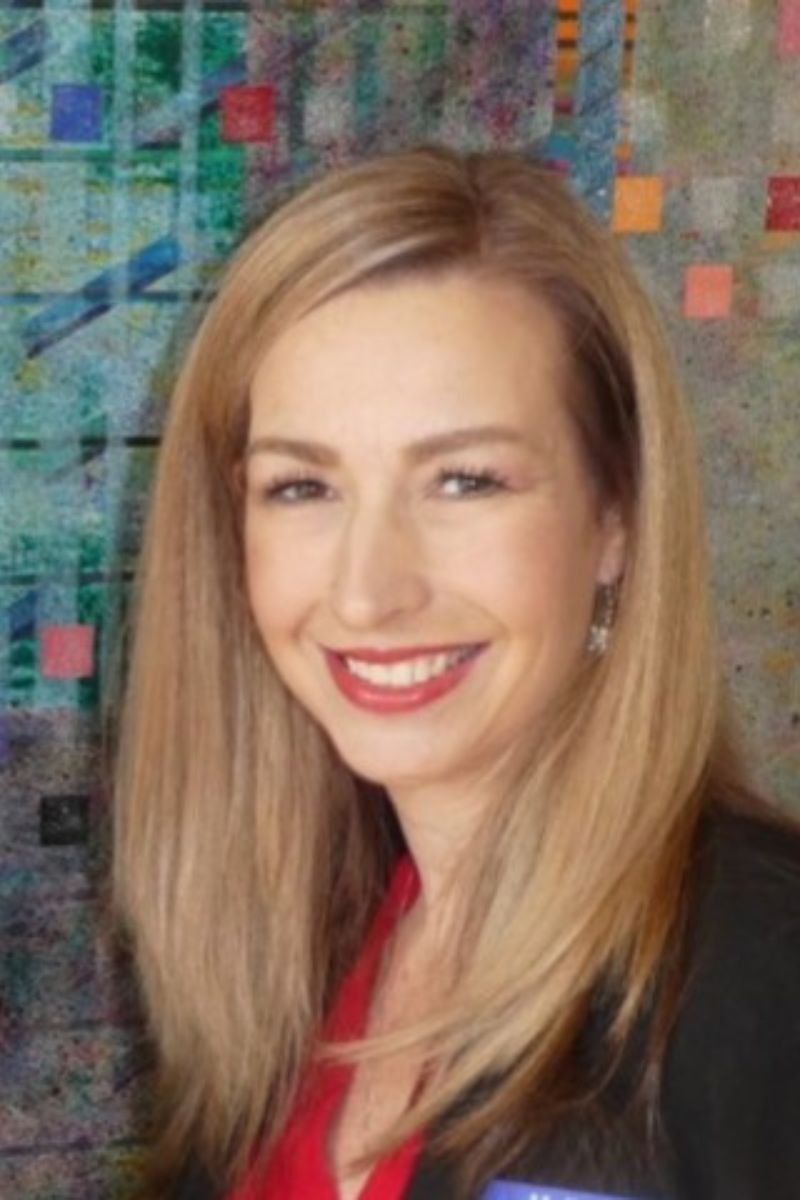UTA Q&A with Micki Washburn

Since fall 2021, The University of Texas at Arlington has helped meet the growing demand for professionals specializing in substance use treatment through the School of Social Work’s Bachelor of Science in Substance Use and Treatment.
For over 15 years, Micki Washburn, assistant professor in the School of Social Work, has been on the front lines helping clients and training the next general of therapists. In this interview, she looks ahead to the future of this life-saving field.
Q: Why did you decide to specialize in substance use disorders?
When I was a practitioner and saw families in the child welfare system, the No. 1 issue was unaddressed substance use needs. In larger public systems, people are usually told to go to 12-step meetings. This is peer support, which can be very helpful but is often not enough to address substance use treatment needs and may not be culturally appropriate for everyone. When I was in practice, I thought “There has to be a way to do this better. We need more access to high-quality services and better integration of evidence-based treatment into our existing health care, child welfare and justice systems.”
Q: Do you have a particular treatment philosophy you use when working with clients?
There is a thought that a client cannot use any substances in order to be classified as “in recovery.” I practice from a harm-reduction standpoint. Maybe we can get a person using less of a substance in a day or get them to use substances that may have less of an impact on their overall health. I would call that a win, because the person is still maintaining their responsibilities, such as taking care of their kids, going to work and not reengaging with the justice system. To me, these are more meaningful clinical endpoints than if you are actually using a substance or not.
Q: How do you encourage your students to look at substance use disorders?
Substance use disorders are chronic health conditions that must be managed throughout the lifespan. I encourage my students to think about these disorders like you would think about diabetes, for example. You can genetically be predisposed to both. There are lifestyle changes you can make that can help to control them. There are effective medication and treatment options for both. This is a chronic illness that can be managed with appropriate medical and psychological intervention.
Q: The FDA recently approved the over-the-counter sale of Narcan, the nasal spray version of naloxone, which reverses opioid overdoes. What does that mean for substance use treatment?
I am really excited. This change, along with the change passed in December 2022 removing the requirement that primary care physicians must complete specialized training and obtain a waiver to prescribe buprenorphine in regular outpatient settings, will hopefully lead to more people being able to obtain medications they need for the treatment of opioid use disorder, as well as continue to decrease opioid-related mortality. It is my hope that naloxone will more easily be accessible to the general public, because it saves lives.
Q: You have an interest in technology being used in substance use treatment, especially virtual reality. How do you see technology playing a role?
Virtual reality provides us with a great vehicle through which we can do some relapse prevention activities with clients that we can’t safely or feasibly do in real life. When I was in practice, I could not take one of my clients back to where they used to meet with their dealer and tell them we are not going to buy from them anymore. It is not realistic. But these are the kinds of things that are going to happen to them when transitioning back to their community. We’re developing the ability to create customizable virtual environments that simulate real-life situations with avatars that look and act like people they know.
We’re trying to give people an opportunity to practice substance refusal skills or be exposed to environmental triggers in a way that is safe for both the therapist and the client.